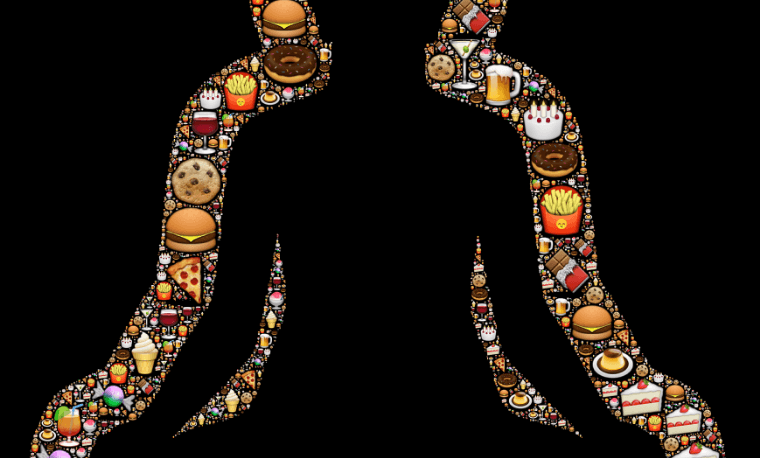
We use emotional eating when we want to avoid certain emotions or in opposite when we want to experience certain emotions. For example, you may feel stressed during the day, and in the evening, you eat your favorite ice cream to relax and feel better.
Why food is so comforting?
When a mother feed her baby, the child experiences wonderful feelings: satisfaction, relaxation, care, feeling of being loved, and safety. Food is perceived as source of all these pleasant emotions. Later, we carry this attitude to food throughout the life.
Of course, this is possible only when a mother (it can be also father or other significant person) is engaged in the process of feeding and have a positive approach to it. If a mother was for example in depression, or irritated during feeding, or often away from her child, a baby can develop totally different relationship with food. In this case, feeding process and food are perceived as something scary, unsafe and unpleasant. However, this is a story for another post.
Emotional eating in itself not a problem but a rather normal thing to do. To eat emotionally when you are already full is the issue, because in this case you overeat. Also, emotional eating becomes a problem when you use only food to cope with unpleasant feelings or to get a pleasant experience.
Don’t try harder. Try different.
Emotional eating should comfort us and bring us joy. However, often it doesn’t happen. There are a few reasons for this. The first reason is that we try to satisfy other (not related to food) needs by eating. In this case, even after emotional eating we do not have more happiness or satisfaction. We may continue to eat, hoping that food will bring us satisfaction. However, it is impossible to fill your need from other areas of life with food. So, you overeat, feel guilty, deprived and upset.
It is important to separate deprivation from food, and non–food deprivation, and find other ways to enrich your life. You can create a list of things that bring you pleasure and satisfaction. Make sure to include activities that bring pleasure to your body such as massage, bath, breathing practice, exercising and so on. Try to minimize non–food deprivation by having more pleasure in your life.
You may feel deprived from some type of food which you see as forbidden to eat. Usually when we avoid certain type of food, we have more intense desire to have it. In some situation it is better to let yourself enjoy this food than to wait until you can’t limit yourself anymore, lose control and eat too much.
You do not need to try harder, be stronger, or avoid using food to cope with emotions. You just need to implement other strategies in your life as well.

What to do for minimizing emotional overeating?
- During emotional eating focus on your physical sensation (hunger and satiety level). Even if you use food to deal with emotions, stop when you are moderately full. If you still do not feel better, switch to other strategies. Overeating will not help you feel better; it will act in the opposite and will bring a more unpleasant experience.
- Make a conscious decision to enjoy the type of food you feel deprived of. Give yourself permission to eat “forbidden” food and enjoy every bite. Be mindful, and focus on the texture, smell, and taste of the food. Stop eating when you are moderately full.
- Make a list of things and activities that bring you pleasure and satisfaction. Use this list when you feel the urge to emotionally eat. Simply choose one thing from the list you are able to do at that moment, and accomplish it. Then check if your urge becomes less intense than before.
- Find new strategies to cope with unpleasant experiences. When you are upset, depressed, or anxious it can be helpful to talk to a friend, family member, counselor, or another person you trust. Find a support group which can assist you in dealing with your life situation and feelings, or just be among like-minded people. Learn different technique for relaxation such as mindfulness, breathing, exercising, walking, singing, dancing and so on.
- Identify and challenge your thoughts that push you to eat when you are not hungry. Do the same with excuses to avoid other strategies for dealing with emotions.
